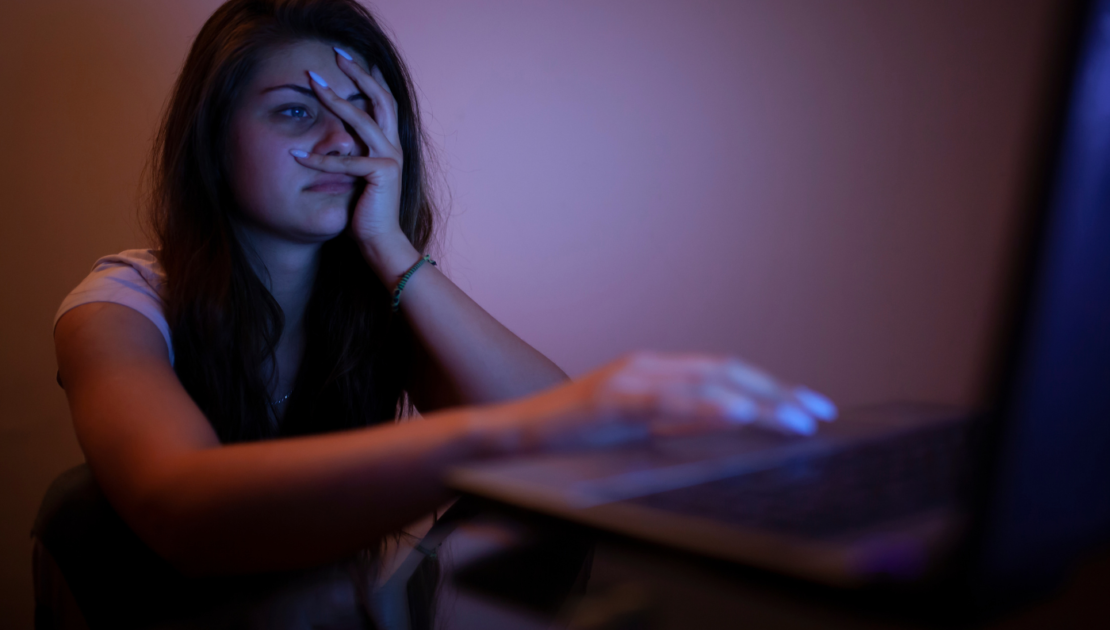Mental Health and Social Media
- September 3, 2022
- Steph O. Website Administration
- No Comments

Social media platforms have become somewhat of a haven for people to forget about the hardships of life. Whether it be watching funny videos, scrolling through friends’ profiles to see what they’re up to, or engaging in enthused conversation with someone about a certain book, movie, or show they like. Unfortunately, social media can also play a hand in the decline of one’s mental health. With some reflection, we can understand more about what steps to take to make sure the bad outweighs the good.
The Positives
There are times when we want to share something but aren’t sure if those close to us would care about the topic. That’s where sharing it on social media comes in. You can connect with people with a common interest and possibly make some new friends along the way. Feeling this sort of validation can be like a rush of serotonin because whether we would like to admit it or not, humans thrive off social interaction. The simple act of commenting on somebody’s post on social media can be a big step for people with social anxiety. It is like a catalyst for feeling more comfortable talking to people. You may find a certain conversational topic that you quite enjoy and feel more confident in discussions about said topic. You would be happy to know there are a plethora of people waiting to have a conversation with your unique point of view.
The Negatives
Much like social media can help initiate relationships, whether it be platonic or romantic, it can also have the potential to ruin them. Spending too much time on social media can lead to self-isolation. You may find yourself only interested in talking to faceless strangers on the internet rather than those close to you. You might feel almost as if these people on the internet know and care more about you than your friends and family. Then as well, we require validation which also comes with its own set of negative aspects. This can lead to needlessly comparing ourselves to people and feeling insecure because we aren’t as successful as they seem to be. Another phenomenon is something called doom scrolling. Essentially, this is when you continuously scroll through distressing stories, news articles, etc. It’s almost possible not to fall victim to this, as social media often has a never-ending stream of new information. Doom scrolling can make us more anxious and fearful of the world around us. While it is useful to be in the know, the constant bombardment of negative news has a damaging impact on mental health.
Balancing it Out
So, what do we do now that we know all the pros and cons? The most important thing would be to minimize the negatives as much as we can. You may want to start giving yourself a time limit, so it allows you to get back to being productive. If you find yourself reaching for your phone maybe a new hobby to pull your interests would be best for you. Try reaching out to friends or family, or taking a walk, really anything to get a breath of fresh air. Realize that what people show of themselves on social media is just a highlight reel of their lives. Keeping that in mind can help us with the negative self-image that everyone must be doing better than us all because they smile more in their posts. At the end of the day, social media started with the idea of keeping us connected to friends, family, and those who share the same interests. Though navigating social media today can feel scary, there are steps we can take to keep it the lighthearted entertainment it should be.
Have trouble navigating mental health issues? RPSV is committed to helping you.
Alexia G.

